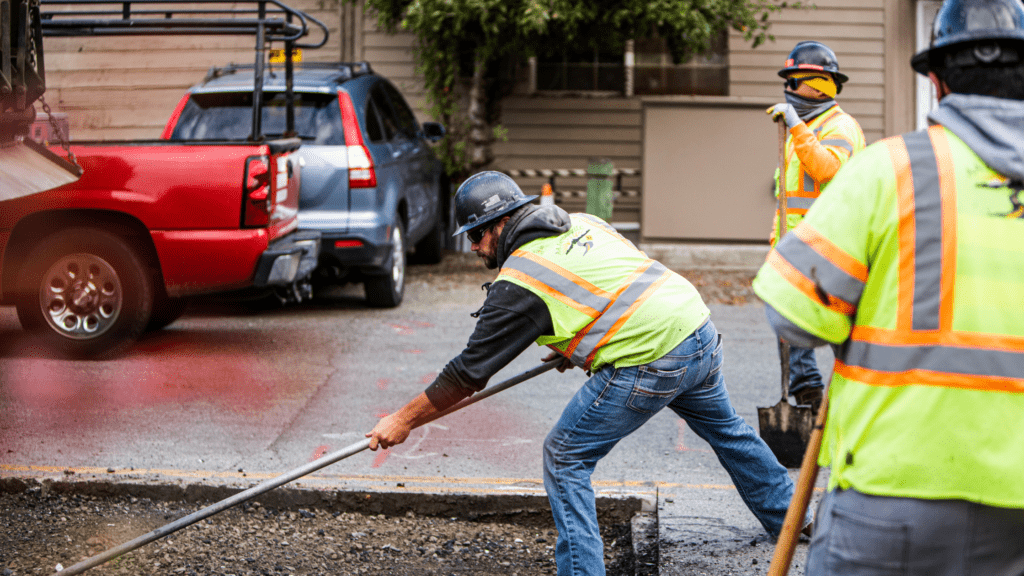Having a handicap accessible business goes far beyond just being accessible for your customers. In actuality, ADA compliance is a legal requirement of businesses, and new statutes and regulations are passed regularly which need to be adhered to.
As such, even if you’ve been compliant with the Americans with Disabilities Act (often shortened to the ADA Act), it may be time to upgrade or renovate aspects of your business premises in order to stay in compliance, create a safe space for clients and employees while avoiding noncompliance fees and fines.
What exactly does the ADA Act require of business owners? There are a few different things to know, all of which have a lot to do with where your property is located and what its existing accessibility features (or lack thereof) are.
The following overview can help you determine whether or not it is necessary for you to upgrade or renovate certain features of your business in order to stay in ADA compliance with the ADA Act.
Understanding Local and Federal ADA Laws
There is a common misconception that ADA compliance laws only apply to new construction, and so any older buildings that were built prior to when the Americans with Disabilities Act was passed in 1990 are given a free pass.
However, if your business or building serves the public and has barriers that can be easily removed, then those accommodations must, and should, be made.
The language from the ADA is important to consider in these cases, since this requirement is only when the accommodations are deemed “easily accomplishable and able to be carried out without much difficulty or expense.”
While you might think that this is a free pass just because you’re running a startup or don’t have the best cash flow, it’s important to note that the courts will generally consider legal precedence when determining whether accommodations constitute ADA compliance or non-compliance.
Upgrading sidewalks and entrances to have curb cuts for wheelchair or walker access generally is something that’s fairly affordable, so these sorts of accommodations and upgrades should be considered earlier rather than later.

Upgrades and Renovations to Meet the Needs of Your Customers and Clients
Beyond staying ADA compliant with local and federal regulations, it’s important to make accessibility upgrades in order to better serve your customers and clients, too. It’s important to note that ADA accommodations and upgrades also protect your patrons and employees from discrimination.
While renovating existing curbs and ramps are two services that pavement professionals like the pros at AA Asphalting can assist with, there are other simple changes you may need or want to implement in order to meet the needs of your customers.
For example, widening doors and using accessible door hardware and automatic doors can be helpful in addition to a ramp. Additionally, you may want to designate a certain number of parking spots to be spots for people with disabilities.
Even eliminating high pile carpet or widening the size of bathroom stalls to make them more easily maneuverable can play a vital role in meeting the needs of your customers and creating a more accessible business for all.
As you can see, just because your business was in compliance with the Americans with Disabilities Act in the past does not necessarily mean that there isn’t work to be done. One of the best ways to determine the proper course of action regarding ADA regulations is to work with a local professional in your area. An asphalting and concrete restoration company like AA Asphalting can be just the right choice if you’re curious about upgrades to your parking lot or entryways.
Some of the services AA Asphalting can help with in the world of ADA upgrades include:
- Inspections
- Permitting
- Installation of concrete ramps
- Installation of asphalt ramps
- Provide and upgrade ADA signage
- Pavement marking
Perhaps best of all, AA Asphalting guarantees compliance with current ADA laws, regulations and local codes, so you won’t have to worry about whether or not your business is at risk following your restoration job or upgrade.
Request a quote today to learn about pricing for a variety of services.

